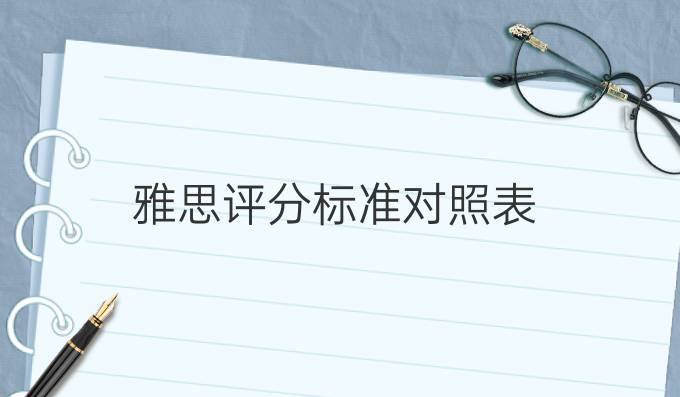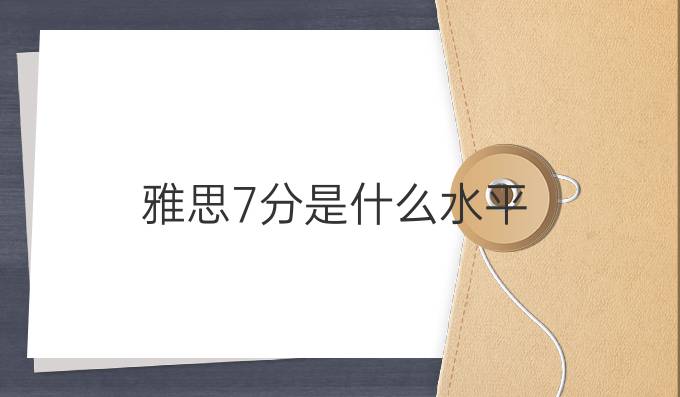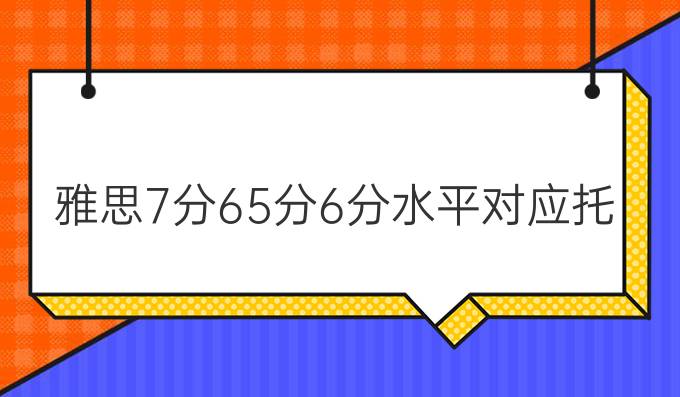50-80年代的流行词儿你会用英语说吗?
1950s 20世纪50年代

study hard and move forward every day 好好学习,天天向上
Mao Zedong wrote to honor an 8-year-old boy, Chen Yongkang, who helped police catch a spy in Suzhou, in 1951. Mao asked all kids to study hard to do a better job for the country. Banners with this slogan could be seen in almost every classroom。
1951年,苏州市一名8岁*生陈永康帮助警察捉住了一名特务。事后,毛泽东主席为他题词"好好学习,天天向上"作为奖励。毛主席希望每个*都能好好学习,将来为祖国贡献自己的力量。写着这句标语的横幅几乎挂满了*的每间教室。
food coupon 粮票
This allowed people to get certain food supplies under the planned economy. Low agricultural production meant insufficient food supplies and a quota system and the coupons were a means of distribution. The quota system lasted to the early 90s. The tickets are now the stuff of collectors。
计划经济体制下,粮票是人们*某些粮食的*凭证。较低的农业产出导致了食物供给的短缺和定额分配制度,而粮票恰恰解决了这一分配问题。这种定额分配制度一直持续到90年代早期。如今,它们已经成了收藏者们的挚爱。
1960s 20世纪60年代
quotations from Chairman Mao 毛主席语录
Practically everyone has heard of the Little Red Book. This collection of quotations from Mao Zedong''s speeches and writings was published from 1964 until about 1976. People had to remember lines and use them to guide their thoughts. The title Little Red Book was coined by Westerners because of the red cover and pocket-book size.
几乎所有人都听说过《红宝书》。1964年至1976年,人们从毛泽东的演讲和著作中摘选部分内容制成语录并出版发行。人们被要求背诵其中的语句,并以此来指导他们的思想。西方人根据该书红色的书皮和口袋书的大小将其命名为 "Little Red Book"。
Red Guard 红卫兵
Basically middle-school and college students during the "Cultural Revolution" that Chairman Mao allowed to act as revolutionaries. In primary schools, Little Red Guards replaced the Young Pioneers. The "Gang of Four" used Red Guards to challenge authority. They were a key cause of social disorder, but their reign ended in 1978.
在文化大革命时期,几乎所有的*生和大学生都是革命的"红卫兵"。在*,小红卫兵替代了少先队员。"四人帮"利用红卫兵来挑战。他们是导致社会动乱的主要原因。1978年,"四人帮"终于被彻底粉碎,红卫兵也不复存在。
1970s 20世纪70年代
educated youth 知青
From the mid-1960s to the late-1970s, about 17 million urban middle school grads answered Mao''s call and flocked to the countryside. They were encouraged to pay respect to and learn from the peasants. By 1979, most educated youth were heading back to the cities but they had a hard time adapting to the changed world.
60年代中期到70年代末,约1700万城市*毕业生响应毛主席的号召来到农村。他们被告诫要尊敬农民,向农民学习。到了1979年,大多数知青返回城市。但是他们很难适应新的社会。
pull string 走后门
Literally, "entering through the back door". It originated under the planned economy when people used connections to get goods from the back door of a state-owned shop. This string-pulling reached a sort of climax in the late 1970s when the "educated youth" tried everything possible to get back to the cities.
"走后门"可直译为"entering through the back door"。该词源自计划经济下人们利用自己的关系从国营商店的后门获取商品这一行为。这种现象在70年代末知青绞尽脑汁返回城市时达到了高潮。
laowai 老外
“老外”直译就是"old foreigner"。“老外”这一新词出现在70年代末,改革开放后,大批外国人涌入*。起初,该词含有一种戏弄的口气。如今,该词多用为一种友好的昵称。比如大山这种在*居住、工作或学习时间较久,精通*文化的外国人常被称作an old China hand(*通)。
1980s 20世纪80年代
iron rice bowl 铁饭碗
A secure, lifetime job assigned by the government. Where was no fear of losing the job. By the 1980s, with the new market economy, there was a competitive model of employment. And the cherished iron rice bowl was gone after more than 30 years.
“铁饭碗”指由政府*的有的终生制工作。因此,这些人永远不愁失去工作。然而,到了80年代,在新的市场经济体制下,就业竞争机制出现。存在了30多年之后,备受人们喜爱的“铁饭碗”退出了历史舞台。
all-round good student 三好学生
Literally, "thrice-good", given to students who were virtuous, talented, and good at P.E.; first used in the 1950s by Mao to encourage young people to keep fit, study well, and work hard.
“三好学生”直译为"thrice-good",指在德、智、体三方面都很*的学生。该词*早在50年代由毛主席提出,旨在鼓励年轻人强身健体、努力学习、勤奋工作。
profiteering 倒爷
For the market economy, a dual-pricing system was tried in 1979. The price of certain goods was fixed and they were distributed instead of sold. If a factory exceeded its quota, it could sell the surplus at a higher price. People close to government or factory officials got the low-priced goods and sold them at a higher price. This profiteering was outlawed in 1987.
在1979年的市场经济体制下,价格双轨制开始实行。那时,某些特定商品的价格是固定的,这些商品不对外*而是采取分配的方式。若生产量超出配额,工厂可以高价卖出这些剩余商品。如此一来,那些政府、工厂*的"关系户"就能以低价买进这些商品,然后再高价卖出。到了1987年,这种倒买倒卖的行为才被禁止。
youth waiting for job 待业青年
The unemployed young people of the 1980s, after the government stopped assigning jobs to middle school grads, at State-owned enterprises or government offices. Some unemployed youth could "inherit" a post from a retired parent. Others tried small businesses.
80年代,政府停止为*毕业生*国企及政府机关的工作机会,致使社会上出现大批待业青年。其中,一部分人能从退休父母那里继承工作;另一部分人则只能选择小型企业。









